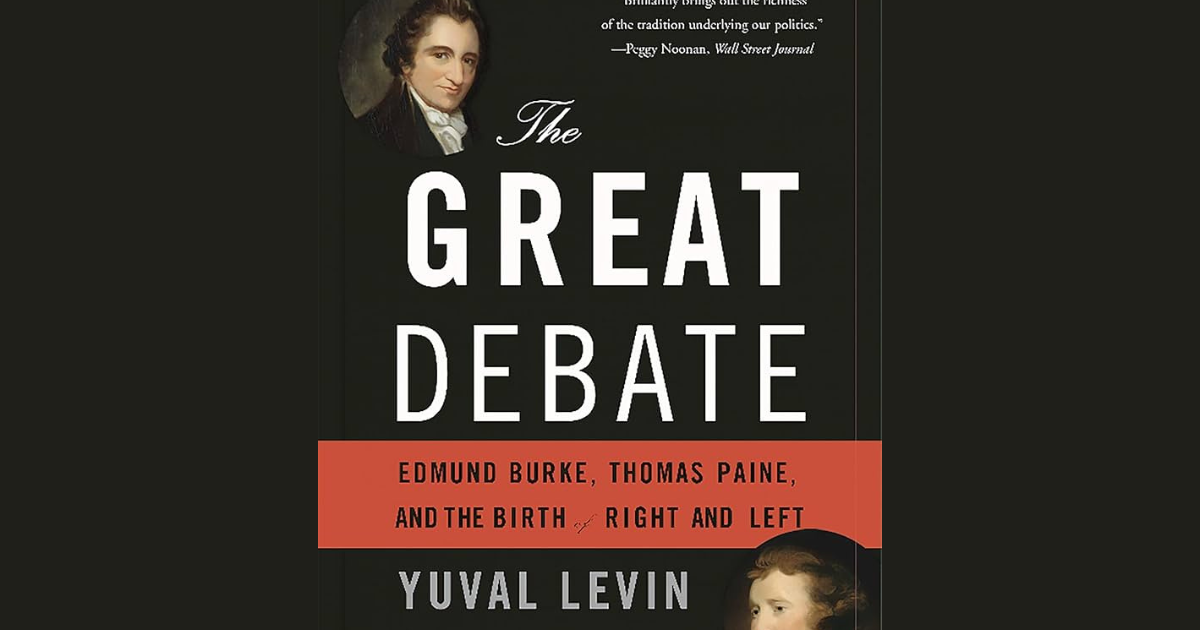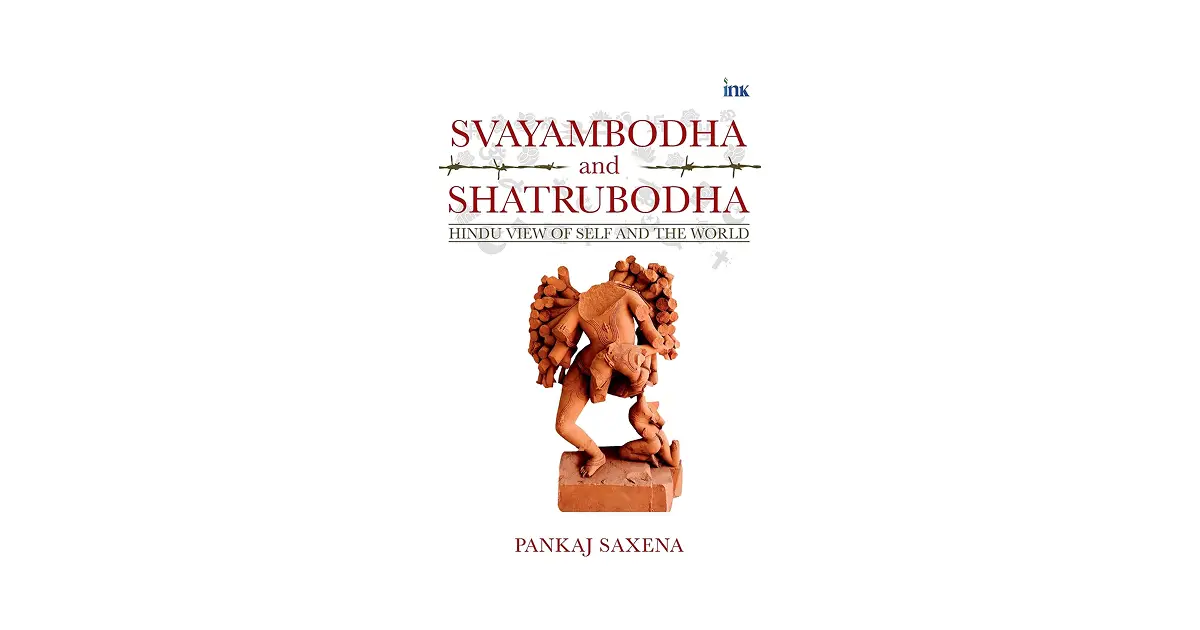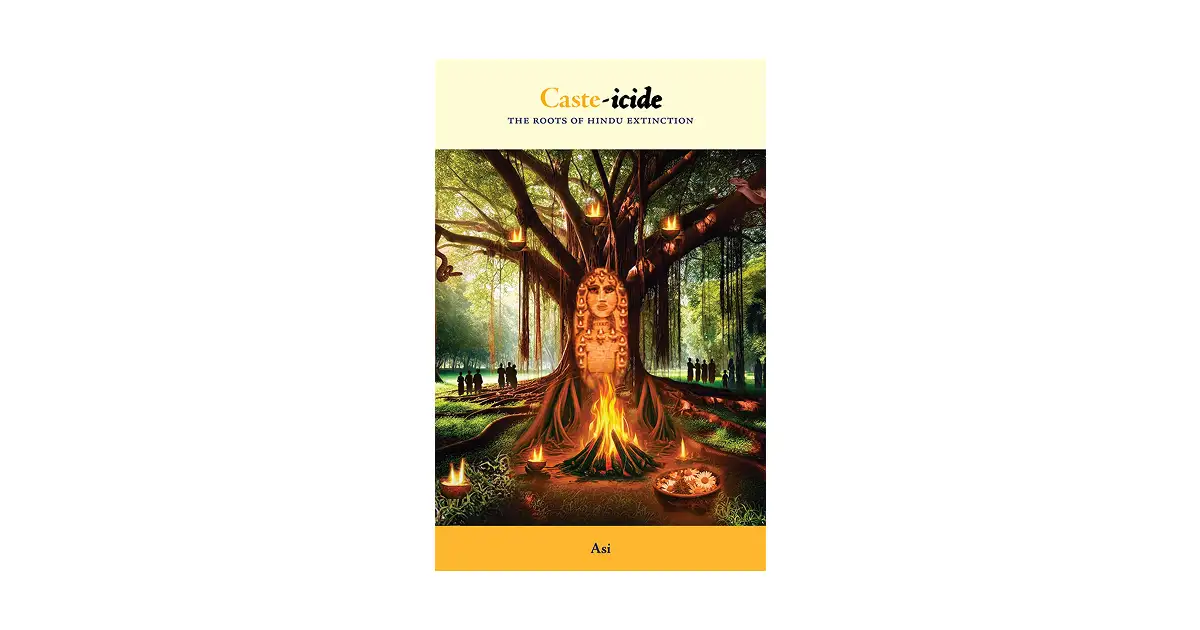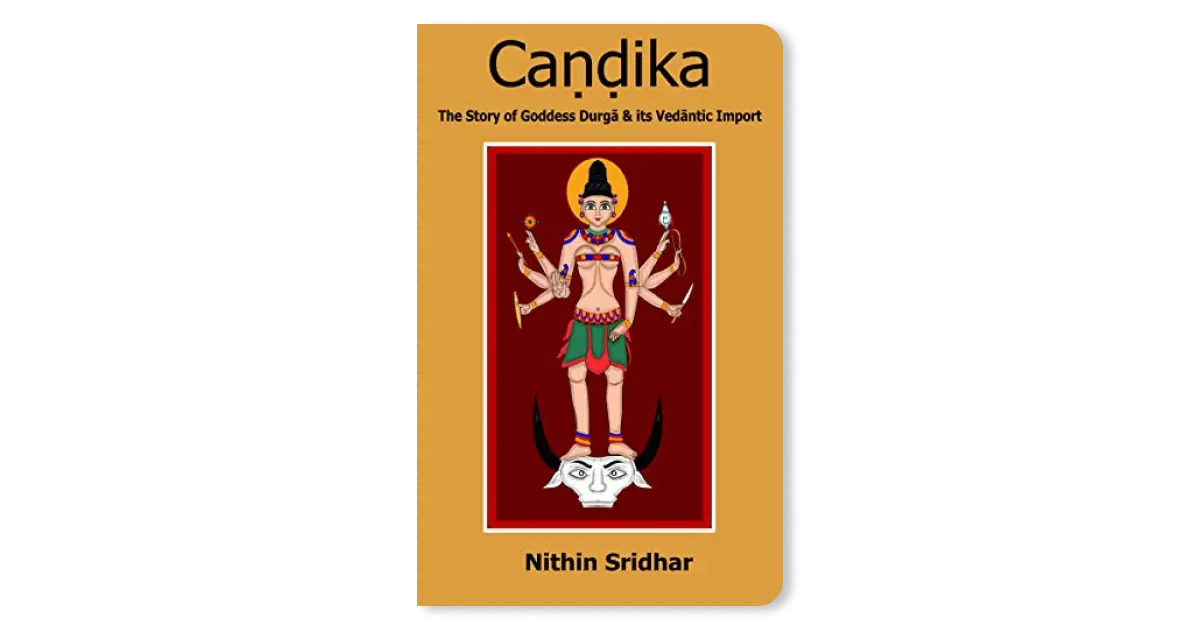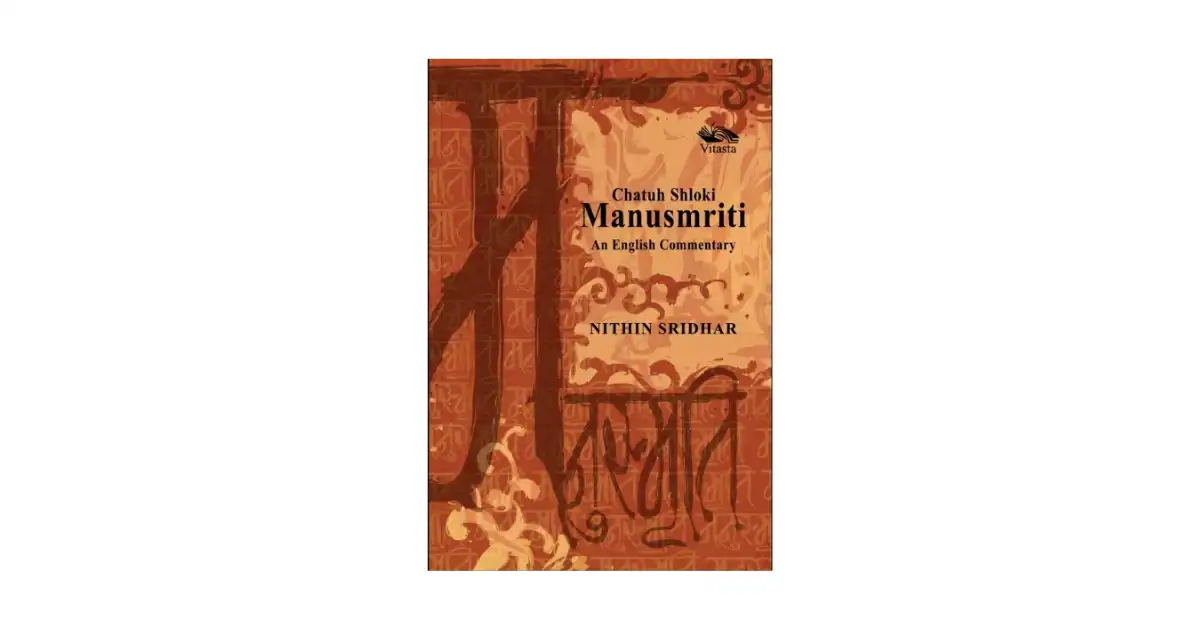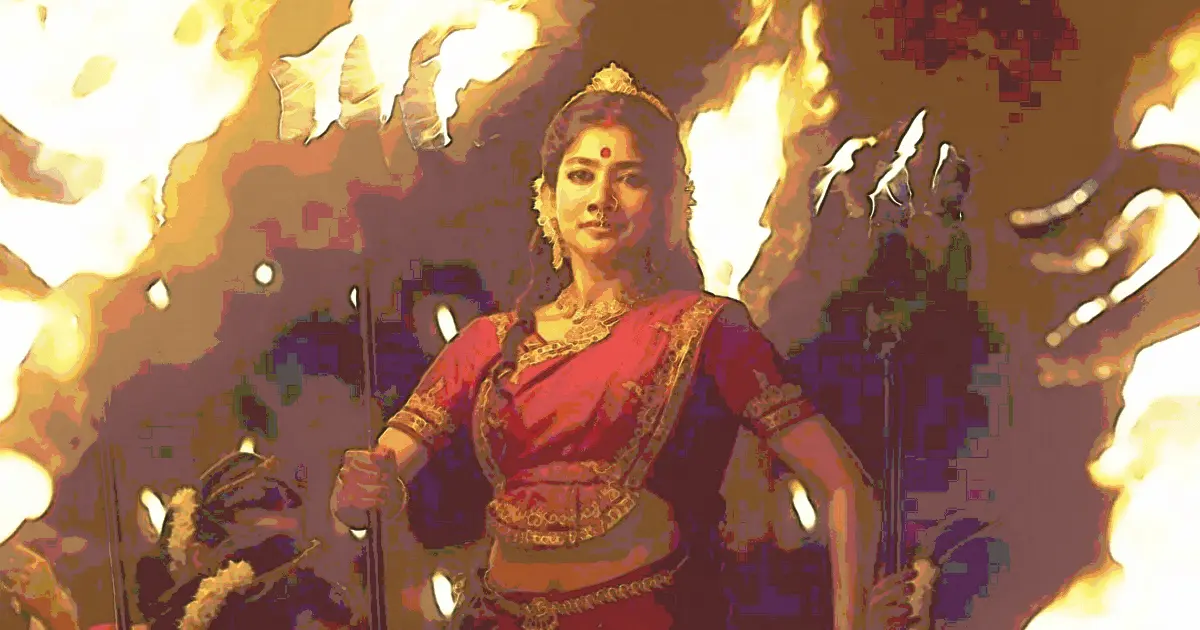Yuval Levin’s The Great Debate: Edmund Burke, Thomas Paine, and the Birth of Right and Left explores the ideological foundations of modern politics by examining the opposing worldviews of two Enlightenment thinkers at the heart of the 18th-century revolutions. Thomas Paine and Edmund Burke are presented not merely as two historical figures with divergent political views, but as thinkers who represent two enduring and opposing understandings of politics, society, and the self. The book argues that Burke and Paine represent not just rival responses to the upheavals of their time, but the origin of the enduring divide between the political Right and Left. Through their contrasting views on nature, history, reason, rights, and revolution, Levin shows how their arguments laid the groundwork for competing visions of society that continue to shape contemporary debates.
Levin suggests that modern political discourse often treats policy differences as surface-level disagreements, while the real tension runs far deeper—into questions about human nature, the moral weight of tradition, and the limits of ‘reason’. By expanding on the philosophical richness of both positions: Paine’s passionate belief in freedom and reform, and Burke’s cautious reverence for social order and inherited wisdom, he provides insight into not only our politics, but the tension between liberation and continuity that defines modernity itself.
In the opening chapters of The Great Debate, Yuval Levin introduces the clash between Thomas Paine and Edmund Burke as a foundational conflict in modern political thought—one that reveals two deeply opposed visions of human nature, society, and justice. Paine begins with the idea that individuals are naturally free and equal, and that society is a rational construct formed by choice to protect inherent rights, inspired from the political upheavals emerging from the French and American Revolutions. History, in his view, is largely a record of oppression and should not bind the present. Paine declares that government by hereditary succession is one of the most ridiculous customs that ever disgraced human understanding. Politics, for him, is a means of securing liberty through popular will and procedural justice.
Burke, on the other hand, sees society as an organic inheritance rather than a product of rational design. Human beings are born into webs of duty, not into a vacuum of freedom and individual rights. Rights are not abstract or ahistorical but, as he puts it, an “entailed inheritance”—gained and preserved through tradition and social practice. Reform, for Burke, must be gradual and rooted in the moral wisdom of the past, not dictated by abstract principles. He warns against what he calls “a spirit of innovation,” which he sees as reckless and socially corrosive.
Levin shows that this early divergence—between Paine’s emphasis on choice and Burke’s on duty and obligation— reflects the enduring structure of the Left-Right divide: the former committed to liberation through reason, the latter to continuity through tradition. These chapters lay the philosophical groundwork for the deeper political tensions explored in Chapter 4, where the very meaning of freedom and the legitimacy of authority come under scrutiny.
The fourth chapter, titled Choice and Obligation, forms the conceptual core of Yuval Levin’s book and perhaps its most philosophically significant chapter. At the heart of the chapter is the dichotomy that for Paine, the political order must be judged by how well it reflects the sovereign will of the living. For Burke, it must be judged by how well it integrates the past, the present, and the future into a coherent and sustainable whole. This captures the essential difference between Paine’s political model and Burke’s intergenerational view of moral obligation. For Paine, political life is rooted in the individual's capacity for rational autonomy, beginning from the premise that human beings are born free and equal, and that society itself is the product of voluntary choice—an agreement made by individuals to secure their natural rights. These rights are not granted by society but conferred by virtue of being an individual, and the primary role of politics is to protect them. Government, then, is justified only to the extent that it reflects the freely expressed will of the people and and political legitimacy arises from its premise to protect individual autonomy above all else. Paine argues that abstract principles of liberty, rooted in natural rights and individual autonomy, are the surest safeguard of freedom.
Burke rejects this, arguing that liberty, properly understood, is not mere individual license but social freedom—a condition defined by restraint, justice, and the rule of law within a morally ordered society. As Burke puts it, “True liberty is not solitary, unconnected, individual, selfish liberty… It is that state of things in which liberty is assured by the equality of restraint.” For him, freedom is not found in escaping obligations, but in living within the structure of wise institutions and moral discipline. This redefinition of liberty leads Burke to a different view of government: not as a guarantor of abstract rights, but as a mediator of competing interests, designed to secure order and the common good. The balance between liberty and restraint is delicate and cannot be achieved by rationalism alone. It requires “a sagacious, powerful, and combining mind,” sensitive to history, custom, and the complex needs of society.
Burke, in rejecting the premise that politics begins with autonomous individuals “choosing” to form a society, he effectively asserts that all human beings are born into a complex web of social ties, obligations, and inherited meanings that they did not choose, yet which define who they are. “The most essential human obligations and relations—especially those involving the family but also many of those involving community, the nation, and one’s religious faith—are not chosen and could never really be chosen, and political and social life begins from these, not from an act of will.” We do not select the families, communities, nations, or languages into which we are born, and while we may exercise choice within those contexts, we remain embedded in relationships and responsibilities that precede and outlast us. For Burke, a sound politics does not begin with abstractions about natural rights or rational designs but with a deep respect for social continuity, custom, and the accumulated wisdom of tradition.
Burke, therefore, prudently views liberty as a collective achievement—one that depends on the cultivation of virtue, the restraint of passion, and the inheritance of institutional wisdom. Paine’s emphasis on rights and unrestrained liberty is an emphasis on choice: the individual’s right to choose for himself how to live, and how to be governed, whereas for Burke, rights emerge not from nature in the abstract but from history and tradition—from what has worked and endured and thus earned respect. Levin draws out the radical implications of Paine’s worldview. If society is founded on individual choice, then no existing institution or custom possesses intrinsic legitimacy unless it can be rationally justified in terms of its service to individual freedom. History and tradition hold no sacred weight. Institutions can be discarded and reimagined when they fail to meet rational standards of justice. Paine’s model is therefore profoundly reformist—revolutionary even—because it assumes that what is inherited should not constrain what is possible. His emphasis on rights, freedom, and the primacy of reason foreshadows much of modern liberalism and reflects the intellectual temperament of the Enlightenment.
Levin writes ““Human beings cannot live in society if they follow their wants and passions unrestrained, and so one of the rights of citizens is to have their passions brought under some control. Thus society guarantees some liberties and some restraints, and precisely how these are balanced is in normal times a matter of prudence, not absolute principle. The calculus of prudence aims not to maximize choice, but to meet the true wants of the people, as these emerge from the complex and layered society that Burke describes. ” Burke’s vision of political and moral order—rooted in a web of obligations, privileges, and restraints—resonates in part with the Hindu framework of the four puruṣārthas: dharma, artha, kāma, and mokṣa. Yet the puruṣārthas articulate a far deeper and more comprehensive vision of human life—one that integrates moral duty, material well-being, desire, and spiritual liberation within a cosmic order—transcending not only the modern Left-Right divide, but the very assumptions on which that binary rests. Unlike the ideologies that privilege either individual autonomy or collective order, the puruṣārthas encompass the full range of human aspiration, situating desire (kāma) and material pursuit (artha) within the overarching discipline of dharma, binding the personal, social, and cosmic into an organised, seamless whole.
Dharma affirms that freedom does not arise from the dissolution of structure but through alignment with a higher moral order. Likewise, Burke’s claim that “rights are therefore relations, not individual entitlements”, and that the dissolution of institutions and structure is unwise finds partial overlap with the Hindu philosophy. Yet, while Burke articulates a political ethic grounded in prudence, restraint, and inherited obligation, it remains, at its core, a secular and historically contingent vision—concerned primarily with the preservation of social order rather than the realization of a transcendent moral ideal. It lacks the metaphysical depth and spiritual teleology that animates dharma, which not only orders society but orients the individual toward ultimate liberation. Where Burke’s conservatism seeks stability within the immanent frame of custom and tradition, dharma offers a sacral vision of order that surpasses the limits of mere prudence and enters the domain of spiritual purpose, articulatingarticulaing a more expansive metaphysical vision.
Burke insists that liberty is not the unchecked pursuit of wants but the product of restraint and prudence within a layered social fabric. His idea that “rights are therefore relations, not individual entitlements” mirrors the emphasis that the puruṣārthas places on contextual duties over abstract and unfettered autonomy. Decidedly, even mokṣa, *the ultimate liberation and detachment, is not achieved through rebellion, but through a disciplined alignment with cosmic and social law.
Levin underscores Burke’s view that freedom itself depends upon these social inheritances, which must be prudentlyprudendently preserved. Without the bonds of trust, shared moral language, and intergenerational obligation, freedom collapses into chaos. This dichotomy leads Levin to a profound insight: Paine begins with liberty and seeks to create order; Burke begins with order and seeks to preserve liberty. This inversion lies at the root of many contemporary political conflicts. When modern progressives advocate for systemic change in the name of equity and freedom, they echo Paine’s vision of radical reconstruction and the dismantling of age-old institutionsinstituions. When conservatives defend age-old institutions or worry about the cultural consequences of rapid change, they draw upon Burke’s sense that obligation and social coherence are more fundamental than individual choice.
Levin does not present this as a simple binary of right and wrong. Both perspectives, he suggests, contain truths and dangers. Paine’s exaltation of choice can lead to a deracinated society, unmoored from its past and blind to the wisdom encoded in tradition. Burke’s reverence for continuity, taken to an extreme, can become a defense of injustice and an excuse for complacency and inertia towards change. Yet the central insight remains: the Left and Right are not merely divided by policies, but by metaphysical assumptions about the nature of the self, society, and political life.
This chapter, more than any other in the book, offers a philosophical map for understanding our current ideological divide. Paine’s legacy lives on in the modern liberal belief that justice requires liberation from inherited constraints—be they legal, cultural, or familial. Burke’s legacy animates conservative instincts to preserve national identity, religious heritage, and traditional norms, viewing these not as arbitrary relics but as the fabric that holds freedom together.
The contrast between Paine’s politics of choice and Burke’s politics of obligation resonates, to a degree, with the philosophical foundations of dharma in Hindu models of governance and political thought. Whereas Paine places the autonomous individual at the center of political life, dharma begins with the relational self, not chosen, but inherited—demanding responsibility rather than asserting entitlement. Burke’s emphasis on inherited obligations, intergenerational continuity, and moral constraints on political will echoes some aspects of rājadharma, wherein the ruler’s duty is not to gratify the desires of subjects but to uphold an order grounded in ṛta. Yet, while Burke’s vision remains a secular and historical ethic, lacking the metaphysical scaffolding that gives dharma its ontological depth.
Like the modern Left, Paine viewed society as a rational construct, asserting that government is a mere thing made by man, and therefore can be dismantled and remade in accordance with “universal” truths. Revolution, in this regard, is a rational act of justice when governments betray natural rights, and each generation must be “as free to act for itself” as any before it. Conversely, Burke regards such rationalism as dangerously naïve. Human reason is limited, and political order is the product of inherited tradition, not theoretical design. Revolution, to Burke, is a violent severing from the accumulated wisdom of the past; reform should be gradual and rooted in continuity. As he warns, “a state without the means of some change is without the means of its conservation”— change, while necessary, as long as existing order is preserved.
Levin does not advocate a synthesis but encourages a deeper understanding of each side’s philosophical depth. While modern politics often reduces Left and Right to partisan slogans, Levin shows that their roots lie in a profound debate about reason and tradition, reform and revolution, liberty and restraint. The argument between Burke and Paine is not one we can resolve but one we live with each day. Their debate is, in the end, a defining feature of political modernity itself.
At a time when politics is increasingly polarized, Levin’s delving into this vibrant debate between two distinguished intellectuals that lay at the fount of the Left-RightRight-Left divide shows that these divisions go beyond the surface. They reflect a deep and enduring conflict between both sides about the role of reason, the authority of the past, and the meaning of freedom. The Painean vision, centered on autonomy, believes the individual stands before society as a sovereign, while the Burkean vision, rooted in obligation, insists that the individual is first a product of community and history. Paine’s revolutionary rationalism versus Burke’s restrained traditionalism is a divarication that continues to animate the fault lines of our political world: the Lleft-Rright divide between progress through disruption and preservation through prudence.
